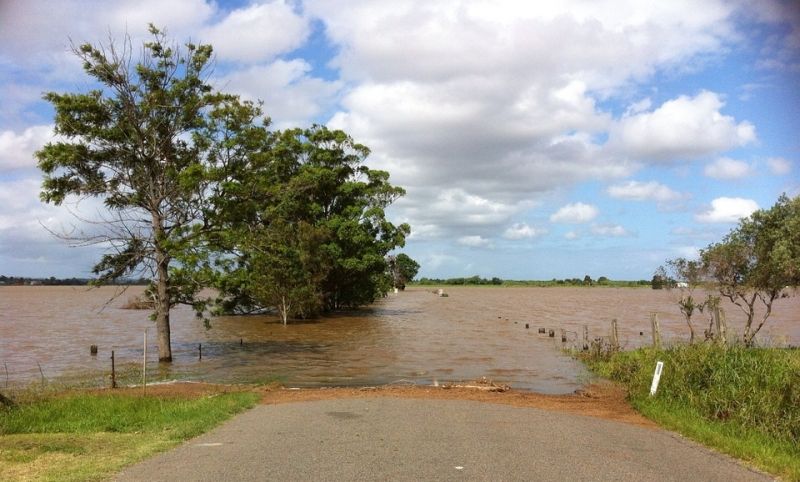Israeli Water Treatment Firm to Help US Prepare for Hurricanes
Published on by Water Network Research, Official research team of The Water Network in Business
The next time a hurricane rolls around, the water could be safe to drink. And that’s due to the efforts of one Israeli-founded company.
“Because of a natural or manmade disaster, you have the risk of your No. 1 water treatment plant being totally out of commission,” said Henry Charrabe, the CEO of the Israeli-founded Fluence, a water and wastewater treatment company.
In many American municipalities, there is only one central water treatment center and if that plant gets flooded or loses electricity, the water in the city may no longer be drinkable.
 In response to the rising threat of climate change and ailing infrastructure, Fluence sells portable and prefabricated water and wastewater treatment systems that have been installed worldwide. That could prevent a repeat of officials ordering residents to boil water because a treatment plant was flooded or lost electricity “We put the treatment unit at the site of the customer so you save on the infrastructure cost and you also save on the pumping cost for distributing it, that’s in the US,” Charrabe said, speaking at the biannual WATEC water-technology conference in Tel Aviv on Wednesday.
In response to the rising threat of climate change and ailing infrastructure, Fluence sells portable and prefabricated water and wastewater treatment systems that have been installed worldwide. That could prevent a repeat of officials ordering residents to boil water because a treatment plant was flooded or lost electricity “We put the treatment unit at the site of the customer so you save on the infrastructure cost and you also save on the pumping cost for distributing it, that’s in the US,” Charrabe said, speaking at the biannual WATEC water-technology conference in Tel Aviv on Wednesday.
With a market value of $250 million and expected profits of $90m. this year, Fluence was formed in 2017 after Israeli wastewater company Emefcy was merged with RWL Water, owned by Jewish billionaire and philanthropist Ronald Lauder.
The company’s mobile and prebuilt water treatment plants which can be installed quickly and filter some 1,000 to 1,500 cu.m. of freshwater water daily, or enough to meet the needs of 10,000 people to wash, cook, bathe for 24 hours.
Its wastewater cleansing module, the Membrane Aerated Biofilm Reactor, allows smaller cities to quickly and easily deal with sewage using much lower energy levels.
Encased in a spiral, steel-framed container, it uses water-tight membranes to defuse oxygen into the sludge without a high-energy compressor.
Such compact water treatment filters use 80% less energy than regular plants.
The decentralized water and wastewater market is worth $13 billion, with countries like China increasingly interested in installing such portable treatment plants in order to treat rural wastewater. Such packaged, decentralized plants are much more economical and easier to install, which is where Fluence comes into the picture.
Today, the company’s headquarters is in New York and its stock is listed in Australia, but a third of the company’s staff is Israeli. All of the company’s research and development is based in Caesarea, north of Tel Aviv, with an assembly line in the Galilee town of Karmiel.
Fluence also specializes in desalinization, waste-to-energy and water reuse and recovery. The company has designed and built some 7,000 installations worldwide.
Part of Fluence’s growing market share is due to Israel’s reputation in the agricultural-technology field. That allows local water and wastewater treatment companies to maintain a competitive edge.
Source: The Jerusalem Post
Media
Taxonomy
- Drinking Water Treatment
- Water Treatment & Control
- Water Treatment Solutions
- Flood management
- water treatment